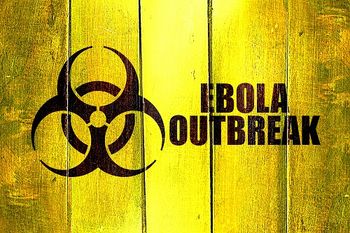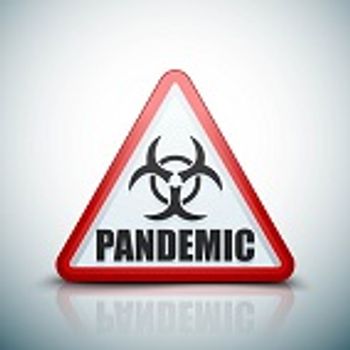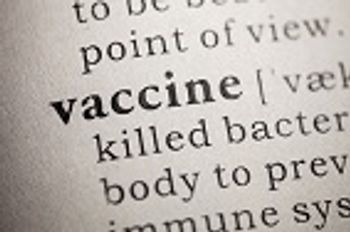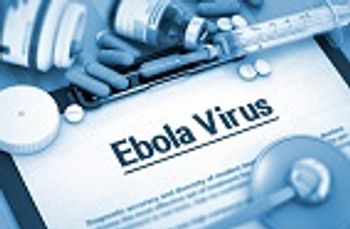
The first international Open Science Prize has been awarded to Fred Hutchinson Cancer Research Center and University of Basel researchers for a software tool that is capable of tracking viral disease outbreaks.

The first international Open Science Prize has been awarded to Fred Hutchinson Cancer Research Center and University of Basel researchers for a software tool that is capable of tracking viral disease outbreaks.

Did you read this week’s top infectious disease news coverage from Contagion®?

Members of Doctors Without Borders/Medecins Sans Frontieres discussed the aftermath of the 2014-2015 epidemic in a recent webcast.

The Centers for Disease Control and Prevention recently published a study detailing a case of Ebola virus RNA persistence in the semen of a male Ebola survivor with HIV.

A new study reports that a substantial proportion of secondary cases in the 2014 to 2015 Ebola epidemic descended from a small number of superspreaders.

Researchers have found potential evidence that suggests Ebola may be able to replicate in the lungs of recovering patients.

A new coalition created by the Bill & Melinda Gates Foundation and other global partners will launch at this year’s World Economic Forum, with the goal of supporting the fast-tracked development of new vaccines.

Researchers from Erasmus disease the key factors needed for successful human-to-human contact-transmission of zoonotic pathogens.

Researchers have found that an experimental vaccine designed to fight the Ebola virus has proven to be highly protective.

A defense mechanism by which plants and animals fight off RNA viruses was recently observed in human cells for the first time, offering researchers a look at new ways to treat viral diseases.

Thomas Frieden, MD, MPH, director of the CDC, and Susan Desmond-Hellmann, MD, chief executive of the Bill and Melinda Gates Foundation discuss how governments and business organizations should prepare for pandemics, especially a potential influenza pandemic.

A new potential case of the Ebola virus has been reported in Canada.

Studies find that a mutated gene that encodes the Ebola virus glycoprotein increased its ability to infect human and primate cells in the 2013-2106 West African epidemic.

The huge economic toll of widespread disease is rarely accounted for when officials set budgets—with the result that countries frequently find their finances in shambles during and after a pandemic.

The transdermal vaccine route offers an opportunity to improve vaccine administration.

In a collaborative effort, researchers have discovered what they refer to as a “Trojan Horse” strategy that uses two developed bispecific antibodies that have proved active against all five strains of the ebolavirus.

John D'Angelo, MD, senior vice president, executive director of Emergency Medicine Services at Northwell Health, describes the importance for hospital staff to be prepared for outbreaks.

A new study has shown that infected wild house mice will disengage from their social groups, resulting in a decreased potential for disease transmission; these findings can be applied to improve models used to predict transmission of infectious diseases spread by social contact, such as Ebola and influenza.

A new report from Liberia’s Men’s Health Screening Program provides insight into the persistence of the Ebola virus in the semen of survivors.

As sporadic cases of Ebola continue to arise in West Africa, a controversial approach could be utilized to increase survival rates in those who are infected.

A new study conducted by an Ebola diagnostic laboratory in Liberia has found that there is a connection between the survival of individuals with Ebola and co-infection with Plasmodium parasites that cause malaria.

Sarah Krein, PhD, RN, health services researcher and research scientist at VA Ann Arbor Healthcare System, explains how the new concept of human factors engineering can be used in infection prevention.

The first household survey was conducted in Liberia to examine the collateral harm to maternal healthcare delivery services in areas impacted by the Ebola epidemic. It showed that since the Ebola epidemic began, facility-based deliveries have declined mostly due to fear of acquiring infection, keeping women away from using the healthcare services available to them.

CDC Public Health Response Director Warns Lack of Funds Hampers Protection Efforts

Stephen Redd, MD (RADM, USPHS), Director of the Office of Public Health Preparedness and Response, at the Centers for Disease Control and Prevention explains what they learned from handling the response to the Ebola outbreak in 2014-2015.